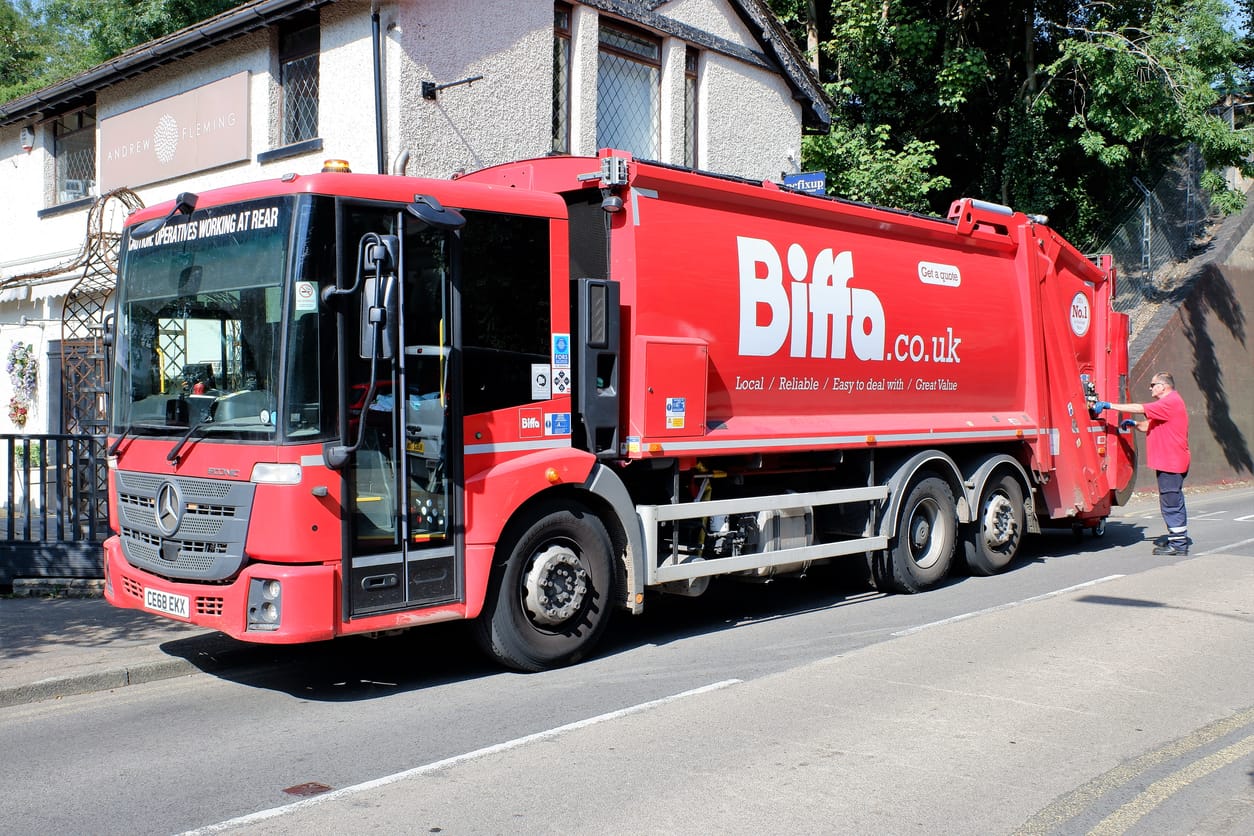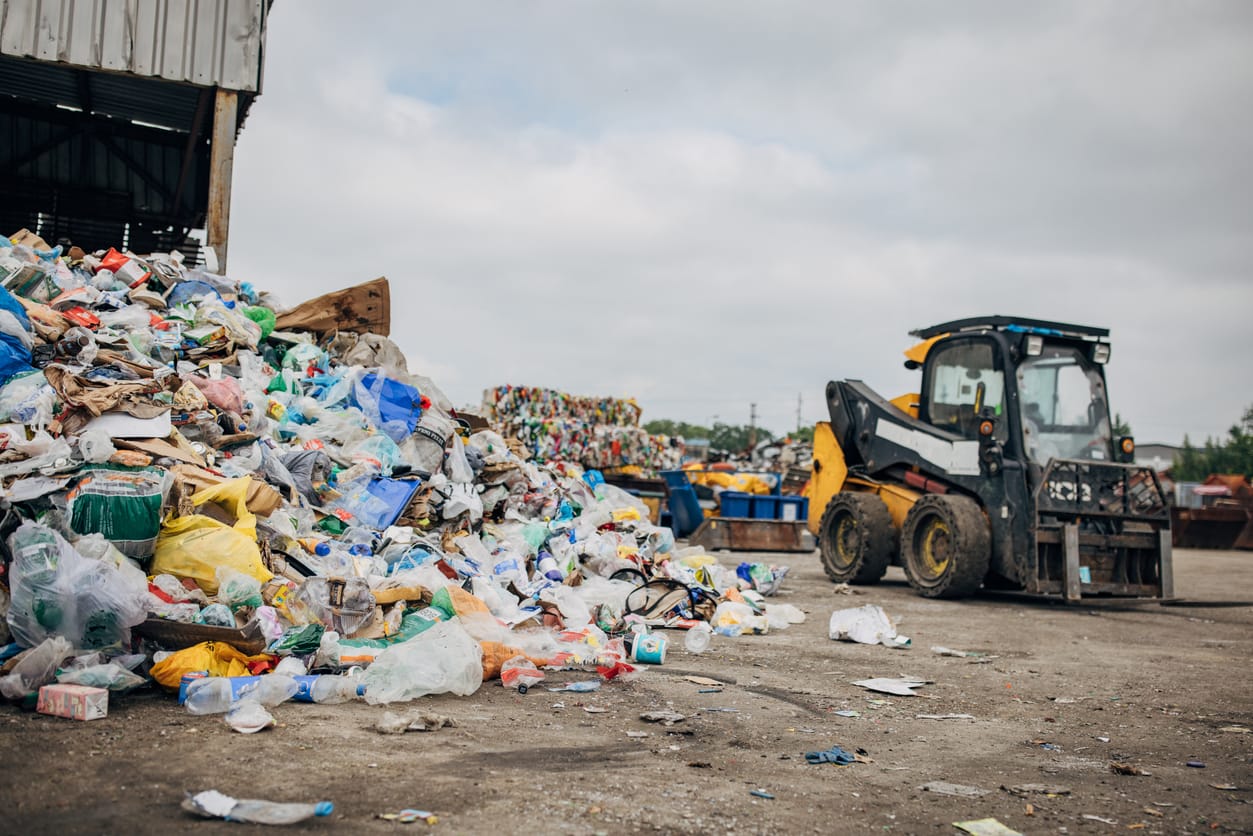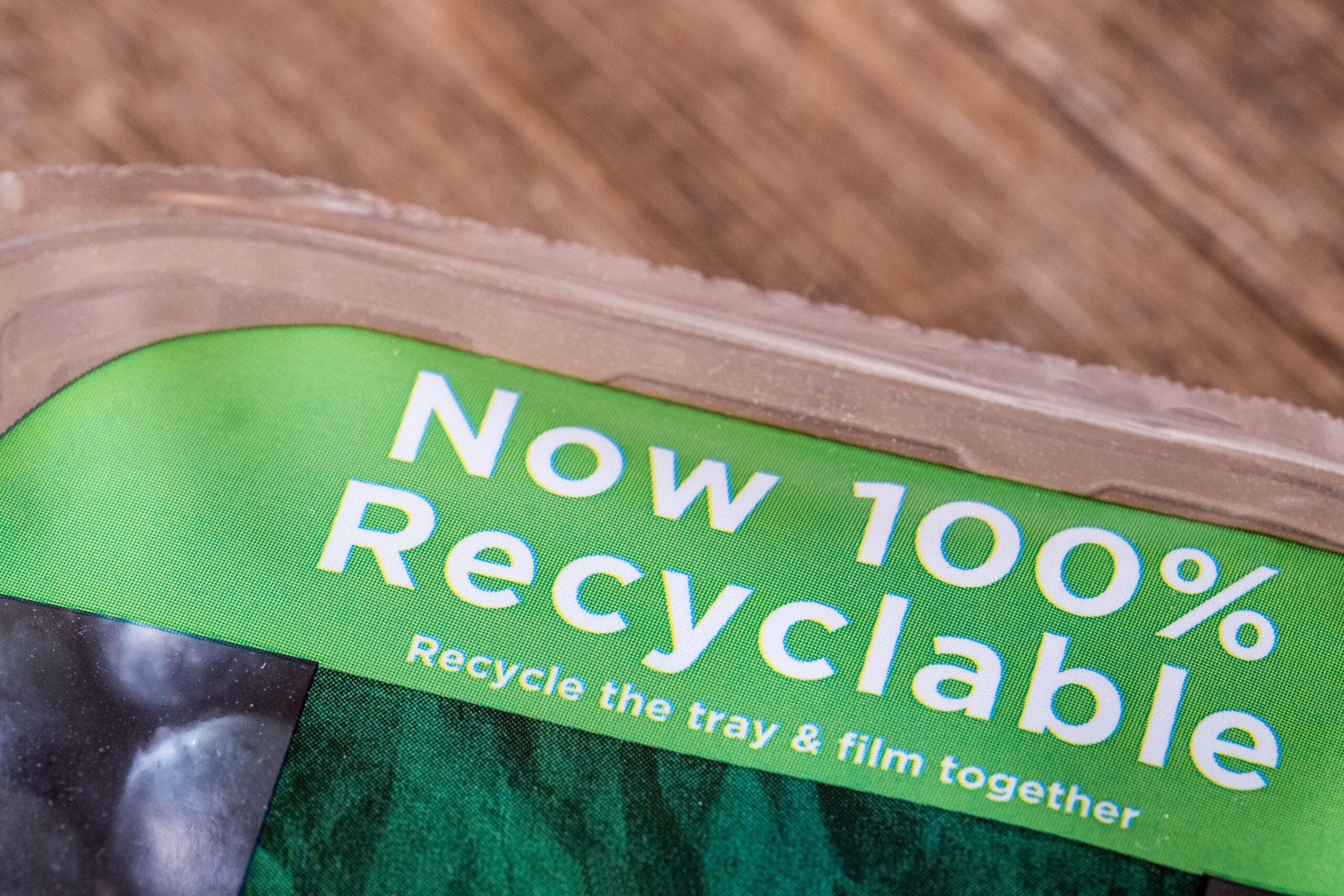Pick from our related articles...
You can find us on
Keep yourself up to date with Let's Recycle It latest news
Plastic Waste Dumps Could Become the New Oil Fields, Says New Research from University of Cambridge
Plastic Waste into Fuel with Solar Power
Scientists at the University of Cambridge have developed a solar-powered system that can turn plastic waste and CO2 into two chemical products at the same time. The technology, which was developed by Professor Erwin Reisner, can transform plastic and CO2 into syngas, which is a key component of sustainable fuels such as hydrogen, and glycolic acid, which is commonly used in the cosmetics industry.
The system works by integrating catalysts into a light absorber, which accelerates a chemical reaction at room temperature and pressure without producing any harmful waste. Professor Reisner believes that plastic waste dumps could become the oil fields of the future.
Professor Reisner said, “Effectively, plastic is another form of fossil fuel. It’s rich in energy and in chemical composition, which we want to unlock.”
The technology has been hailed as a significant breakthrough in the fight against plastic waste as plastic can be turned into a myriad of new products, including detergents, lubricants, paints and solvents, and biodegradable compounds for use in biomedical applications.
Enzyme-Recycling for Circular Plastics Economy
Researchers worldwide are looking for ways to turn unwanted plastic into something useful, and one such method is enzyme-based recycling. Dr Victoria Bemmer and her team at the University of Portsmouth have developed variants of enzymes adapted to deconstruct all varieties of polyethylene terephthalate (PET), a type of polyester. The enzymes break the plastic down in a similar way to chemical recycling, but because they are akin to enzymes found in nature, the process can be done in much more “benign conditions”. Where chemical recycling uses chemicals, the Portsmouth University team can use water. The highest temperature they need is 70C, meaning energy consumption can be kept low compared to other processes.
“We can tweak these enzymes by changing the structure of them very slightly – to make them go faster, make them more firm and stable.” Dr. Bemmer said.
Dr Bemmer and her team are developing their enzymes further and hope that their work will help them create a sustainable circular economy for plastic-based clothing too. Polyester made from PET is the most widely used clothing fibre globally. However, recycling synthetic fabrics using enzymes is not easy, as the addition of dyes and other chemical treatments makes it challenging to degrade them naturally. The team hopes their enzymes will reduce the PET in waste textiles to simple building blocks, ready to be made back into new polyesters.
There are also other solar-powered technologies that hold promise for tackling plastic pollution and CO2 conversion. Still, Professor Reisner’s system is the first to combine two waste streams – plastic and CO2 – in a single process. This integration adds value to the process, producing four value streams – the production of syngas, the production of glycolic acid, the mitigation of plastic waste and the mitigation of CO2. Professor Reisner hopes the added economic value will bring the technology closer to commercialisation.
The plastics industry is keen on chemical recycling, where additives are used to alter the chemical structure of waste plastic, turning it into new materials. However, there are concerns about the potential environmental impacts of these methods, such as the release of harmful chemicals. The use of solar-powered systems like Professor Reisner’s could provide a more sustainable solution.
In addition to solar-powered technologies, there are also initiatives aimed at reducing plastic waste at the source. This includes reducing the amount of plastic used in products and packaging, increasing recycling rates, and promoting the use of biodegradable alternatives.
A Combination of Approaches Needed to Tackle Plastic Waste
While there is no single solution to the problem of plastic waste, a combination of approaches will be needed to tackle this complex issue. With new technologies like Professor Reisner’s solar-powered system and ongoing research into enzyme-based recycling, there is hope for a more sustainable future.
Let’s Recycle It
At Let’s Recycle It, we will get behind anything that keeps plastic waste out of landfill, incineration or the environment and keeps it in use within the economy. We work to match plastic waste with ethical recyclers who can process it back into useable materials, but it is simply not the case that all plastic scrap can be treated like this at the moment. Some materials are not suitable, for a variety of reasons, for recycling, and there are also millions of tonnes of plastic waste sitting in landfills right now.
With the breakthroughs in technology from the Universities of Cambridge and Portsmouth, these currently unrecyclable materials could have a way back into the economy. Whether that is via enzyme recycling, by turning them into syngas for clean-burning fuels like hydrogen, or processing them into glycolic acid for cosmetic products, this could be a huge leap forward in the fight against plastic waste, plastic pollution and climate change.These innovations need support from government, the waste and recycling industries and the broader public to ensure they can mature into commercially viable waste management practices. More funding and support also needs to be made available for further research into new recycling technologies to safeguard the planet for generations to come.
Follow us to stay up to date on our latest news
If you would like to receive our newsletter to keep up to date with Let’s Recycle It news and to receive marketing information regarding our services, please let us know:


